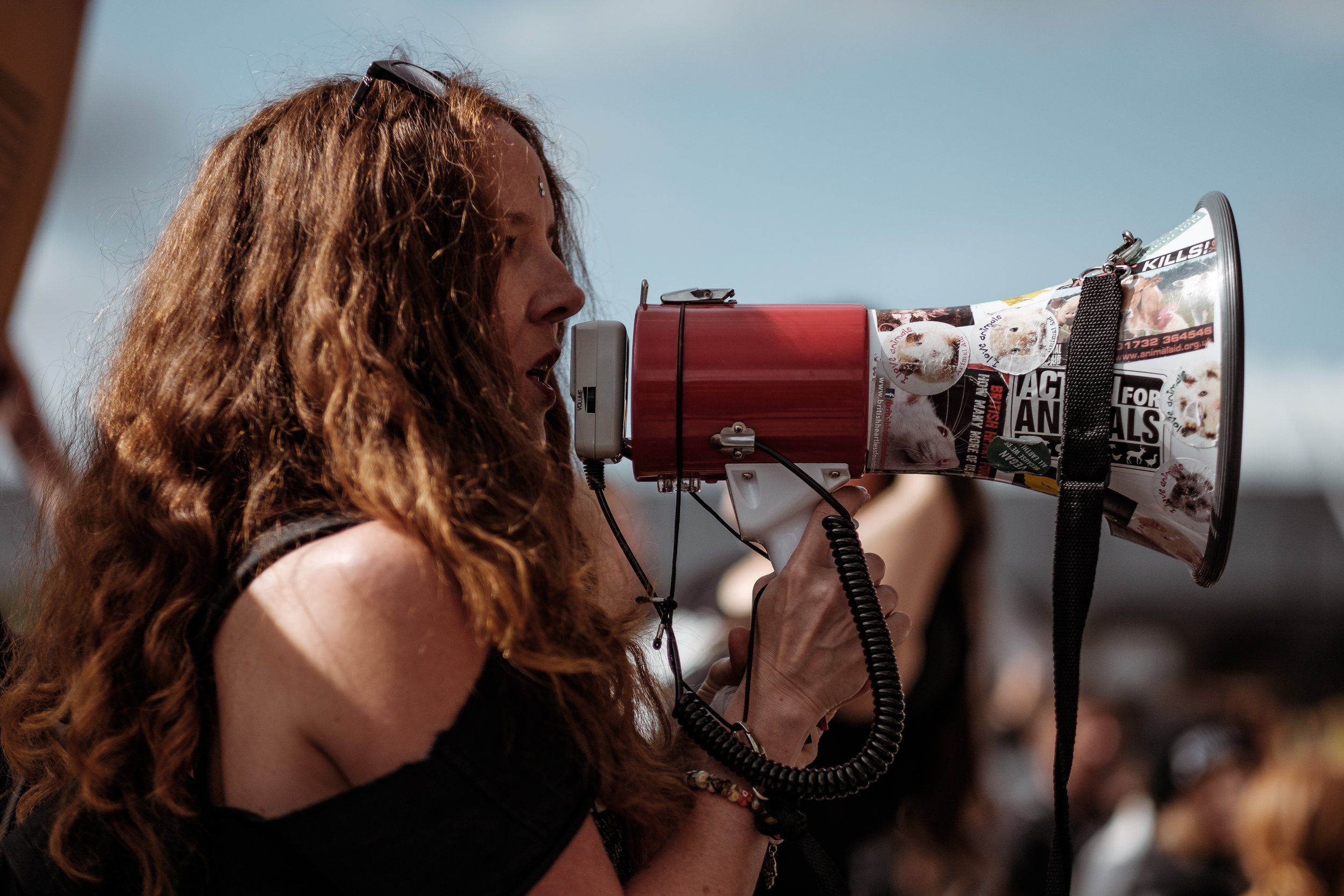The Problem with Call-Out Culture
Clem Onojeghuo
by Eve Jones.
Is there a problem with our call-out culture? Are we scaring allies into silence?
Calling out ignorance is a necessary part of deconstructing oppression. Even small language choices can add to the exclusion already faced by minorities and normalise the prioritisation of one’s convenience over other folks’ comfort and safety, so it is essential that we are made aware when we are practising harmful behaviours. Call-outs should be positive tools for change.
Yet, I feel that there is a problem with our call out culture. On the Feminist Internet, people frequently call out others without following up with explanation as to why the action is damaging, leaving people blind. When you can’t articulate your fault, change can only be superficial, however well-intentioned; you may take down a post or avoid that specific terminology but perceptive, transferable and lasting alteration is absent.
Without these explanations, not only has learning slowed but in many cases call out culture has become less about inciting change and more about shaming others. Even small faults, past or present can be used to transform an ally who made a mistake into a bad feminist, a privileged asshole, a TERF. On the permanently retentive internet, these labels are difficult to shake. In the biting culture we’ve created, I’ve seen call outs mock and laugh at those less informed but we need to be compassionate with others’ trial and error. None of us became progressive overnight, we’ve all made mistakes and continue to do so on a regular basis. Most of us are just trying to do the best we can with information we have. The worst thing we can do is make people so afraid of making mistakes that they say nothing at all.
So my next thought was what do we do about this? Well, the answer is easy—we all need to start doing more explaining, right? But it’s not that simple. Arguably, the most informed and effective education comes from those directly affected by the oppression, but these are also the people with the least responsibility to educate. For the most oppressed, constantly educating others about their oppression can be exhausting and they have no obligation to be polite or kind in their call-outs of those whose privilege makes their life more difficult every day.
Let me be clear: the largest responsibility for learning is on the person making the error. Don’t get defensive when you’re called out. Recognise that the intent behind your action is irrelevant. Apologise. Ultimately it’s about learning how best to stop perpetuating systems of oppression so if you are called out and there aren’t these spaces for understanding immediately around you, seek them out, create them. You cannot be a passive in your growth as a feminist or activist.
Nevertheless, we could be doing more to create a sympathetic and supportive environment for call outs. We can all do more to educate both ourselves and those less informed than us. Let others know about your past mistakes and guide them through theirs where you can. Be as generous with your time as your emotional well-being will allow because the future of feminism is active. It is intersectional. It is angry. But it is also compassionate.
If you’re struggling with what to do after being called out, check out this wicked what-to-do-next vid.
For more reading: Katie Roiphe of Harper's writes about the dangers of Twitter feminism and polarizing Feminist Orthodoxy in her piece The Other Whisper Network.

